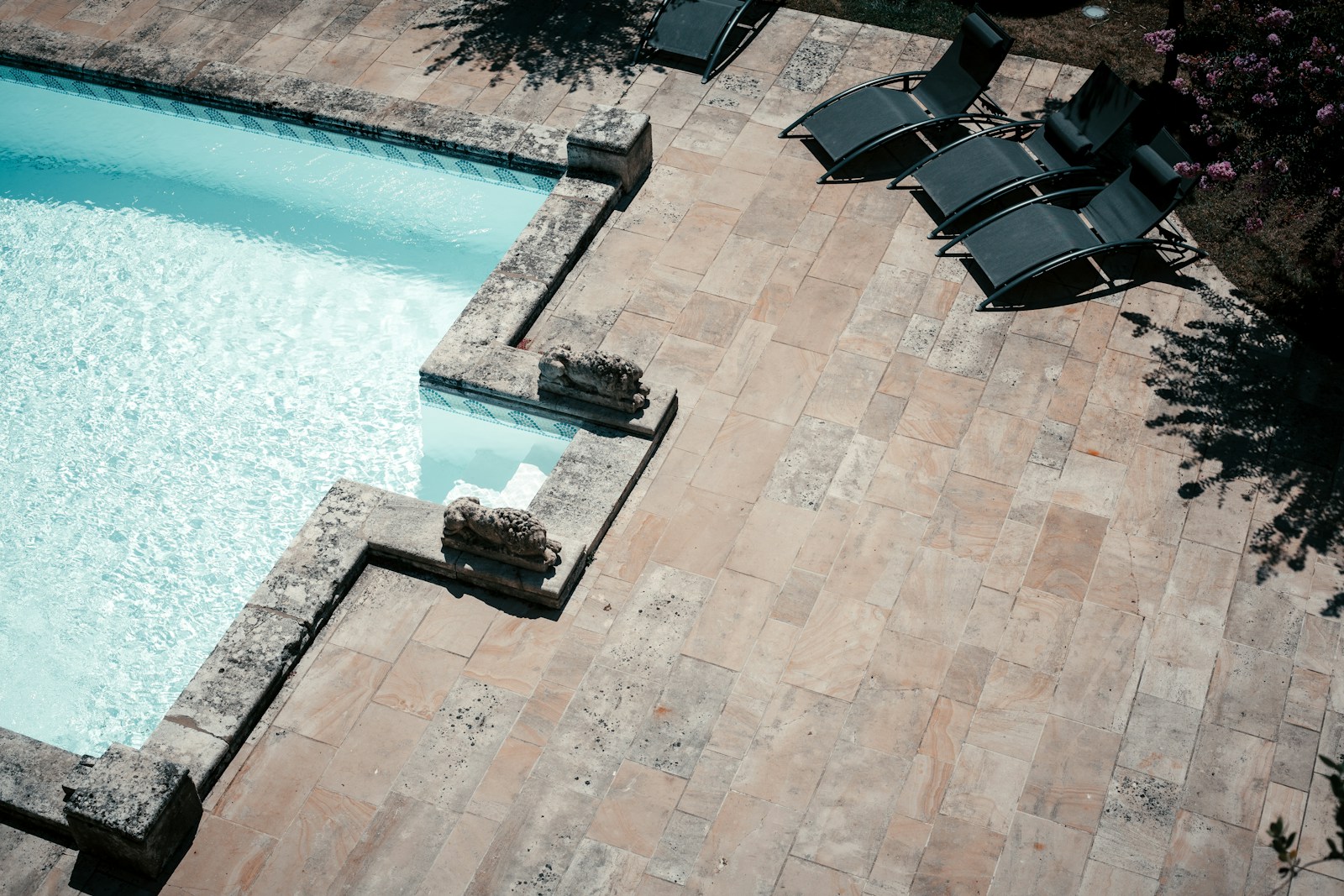
昂贵
áng guì

expensive
In Chinese, '昂贵' is used to describe something that is of high cost, just like the English word 'expensive'. It can be used when speaking about housing, merchandise, or any items that require a large amount of money to purchase. But bear in mind, '昂贵' isn't used to describe the action of spending. Instead, it is used to describe the condition of being high in price or cost.
Example sentences using: 昂贵
这个手表真是太昂贵了。
zhè ge shǒu biǎo zhēn shì tài áng guì le.

This watch is really expensive.
In this sentence, '昂贵' is used to describe the high price of the watch.
我不能买这个昂贵的房子。
wǒ bù néng mǎi zhè ge áng guì de fáng zi.

I can't afford this expensive house.
This sentence expresses that the speaker can't afford to buy the house because it's too expensive.
昂贵的衣服并不一定好看。
àng guì de yī fú bìng bù yī dìng hǎo kàn.

Expensive clothes are not necessarily good-looking.
This sentence suggests that the price of clothes is not directly proportional to their appearance.
他用的是一部昂贵的手机。
tā yòng de shì yī bù áng guì de shǒu jī.

He uses an expensive phone.
In this phrase, '昂贵' is used to describe the high price of the phone that he uses.
这是一位穿昂贵西装的男士。
zhè shì yī wèi chuān áng guì xī zhuāng de nán shì.

This is a gentleman wearing an expensive suit.
This sentence is used to describe a gentleman who is dressed in an expensive suit.
昂贵的香水有一种独特的香味。
àng guì de xiāng shuǐ yǒu yī zhǒng dú tè de xiāng wèi.

Expensive perfumes have a unique smell.
The sentence describes that the expensive perfumes have a distinctive scent, linking cost to uniqueness.
昂贵的餐厅一般都提供优质服务。
àng guì de cān tīng yī bān dōu tí gōng yōu zhì fú wù.

Expensive restaurants generally provide quality service.
This sentence suggests that expensive restaurants tend to offer better services, associating quality with high price.
昂贵的红酒口感更佳。
àng guì de hóng jiǔ kǒu gǎn gèng jiā.

Expensive red wine tastes better.
This statement implies that expensive red wine has a better taste compared to less expensive ones.
昂贵的鞋子穿起来更舒服。
àng guì de xié zi chuān qǐ lái gèng shū fú.

Expensive shoes are more comfortable to wear.
This sentence suggests that the comfort level of the shoes improves with their price.
昂贵的行李箱更耐用。
àng guì de xíng lǐ xiāng gèng nài yòng.

Expensive suitcases are more durable.
This sentence suggests that the durability of suitcases is directly proportional to their price.